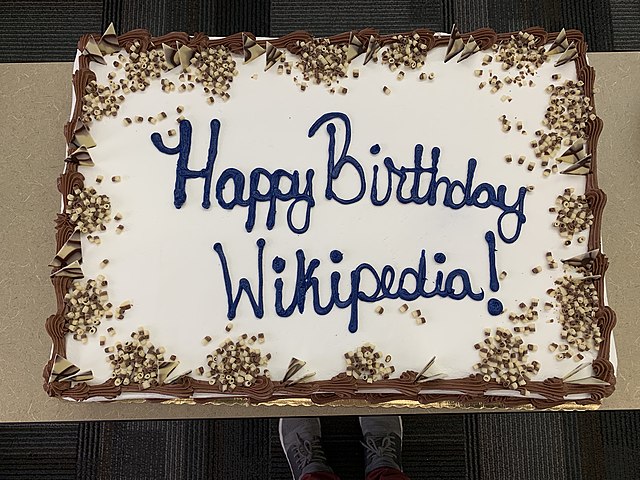Around this time in January 2001, the idea of enabling the collaborative edition of the encyclopedia that would end up being created under the name of Wikipedia a few days later was launched.
The immediate predecessor of Wikipedia was Nupedia, founded by Jimmy Wales, owner of the company Bomis, with Larry Sanger as editor-in-chief. Nupedia lasted from March 2000 to September 2003.
In contrast to its predecessor, which had an editing system through a peer review process, designed to make its articles of a quality comparable to those of professional encyclopedias, Wikipedia owes its name and its enormous evolution to the wiki concept (from the Hawaiian, “fast”). This idea, explains the respective entry in the digital encyclopedia, “refers to the name given to a virtual community, whose pages are edited directly from the browser, where the users themselves create, modify, correct or delete content that they usually share”.
The software from which this collective editing mode (wiki) is developed was developed in 1994 by Ward Cunningham to facilitate the exchange of ideas among programmers.
In just two decades, Wikipedia already has 59 million articles in 328 languages, which have been jointly edited by more than 300,000 volunteer editors from all over the world, totaling more than 3 billion editions, and allows anyone to join the project to edit them, according to the article dedicated to detailing this monumental work.
Wikipedia grows every day thanks to the participation of volunteers from all over the world. It is the largest knowledge compilation project ever undertaken in the history of mankind.
In addition to the encyclopedia, numerous free spaces have been developed with the same methodology, such as the Wikimedia Commons repository, Media Wiki, Wikibooks, Wikidata, Wikiquote, Wikisource, Wikiversity, Wikiviajes, and Wiktionary, among others.
The number of people benefiting from all this effort already exceeds 1800 million users per month.
All this is of vital relevance, not only practical but also symbolic, as it shows the strength of voluntary, collective, and collaborative action dedicated to the common good and shared knowledge, far superior to the pettiness of the private, the restricted, the exclusive, and the paid.
As already expressed in the Declaration of the IV Symposium of the World Center for Humanist Studies, in November 2014, “Good Knowledge liberates, shares leads to justice and reconciliation, it siblings inspires and humanizes.”
In this sense, the work developed by the Wikimedia Foundation and by the thousands of people who have joined that community represents a clear demonstration effect of the world of the future.






